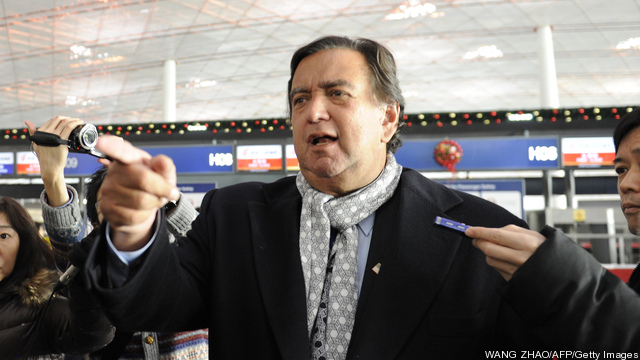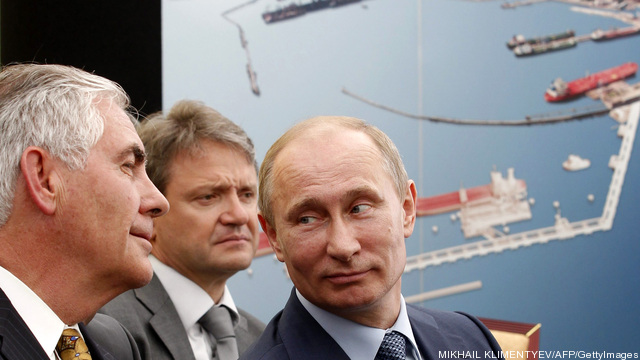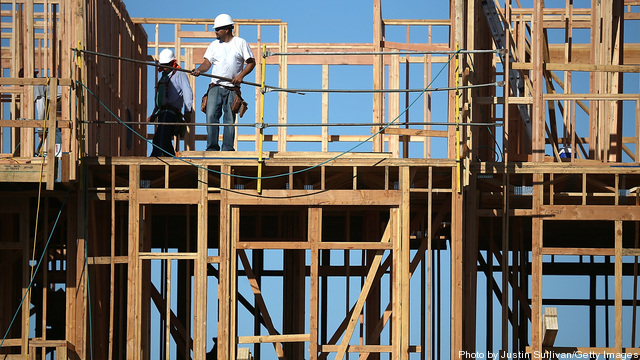
In the presence of recently nominated new Obama Administration energy secretary Dr. Ernest Moniz, MIT Professor of Physics and Engineering Systems, former Governor Bill Richardson stated that science should play an important role in politics.
The country needs scientists to be more involved in politics and find ways to collaborate in the policy making and review process. Richardson also recognized the path started by Obama in this direction by appointing Dr. Steven Chu to energy secretary during his first term, but he said more initiatives need to be taken to facilitate scientist involvement. Keep reading →









